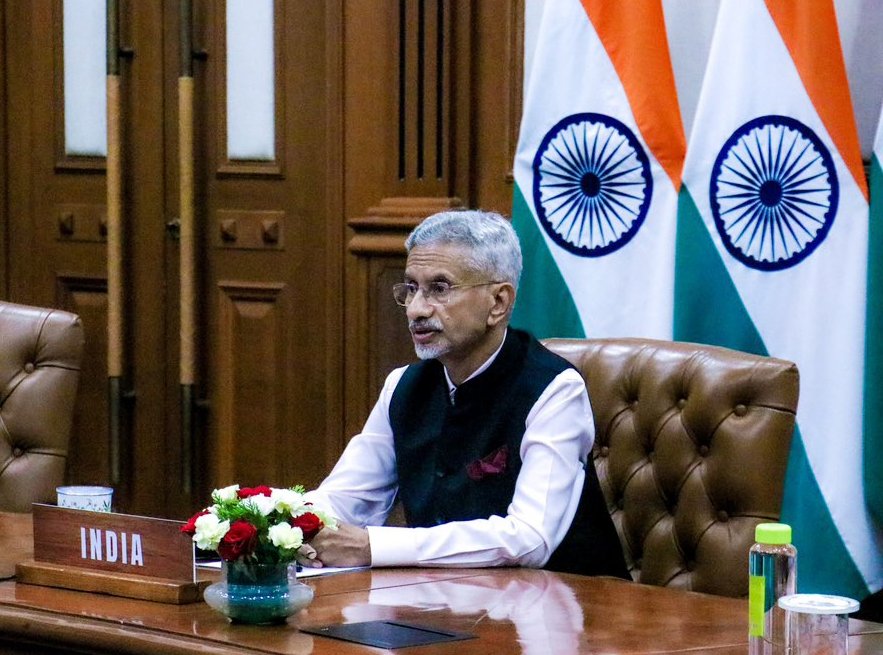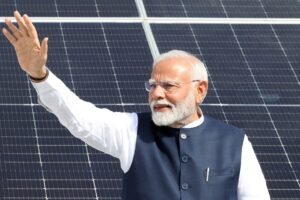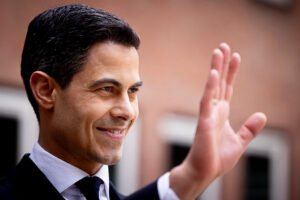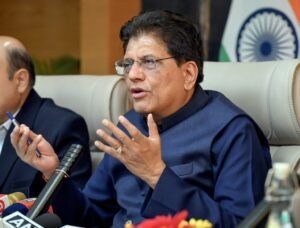India affirms its commitment to assume greater responsibilities in reformed United Nations: Jaishankar

External Affairs Minister S. Jaishankar reaffirmed India’s readiness to take on greater responsibilities in a reformed United Nations and a renewed multilateral order, while addressing the United Nations Troop Contributing Countries’ (UNTCC) Chiefs’ Conclave.
Jaishankar outlined key principles that should guide future UN peace operations, stressing that mandates must be “realistic and clear” to ensure effective implementation. He also reiterated that “the primary responsibility for the protection of civilians still lies with the host state.”
“There is a strong desire among members of the UN for a reformed United Nations, including expansion of the permanent and non-permanent categories of membership of the Security Council. However, the process of reform itself is being used to derail that agenda. As a result, I’m sorry to say, historical injustices still continue,” Jaishankar said.
He added, “India affirms its commitment to assume greater responsibilities in a reformed United Nations and in a reformed multilateralism.”
Turning to the role of peacekeeping, the minister highlighted India’s long-standing contributions to UN peace operations. “Since its inception, it has been a testament to what we can achieve when nations unite for a larger cause. Our peacekeepers have been a powerful force for good. These brave sons and daughters put their lives on the line to protect civilians, to deliver humanitarian aid, and to support fragile peace processes. They are the real torchbearers of multilateralism,” he said.
Jaishankar paid tribute to the fallen peacekeepers, adding, “Let me honour today the more than 4,000 UN and 182 Indian peacekeepers who have made the ultimate sacrifice in the line of duty.”
“They stand out as a testament to bravery, and their legacy remains a solemn call to action for all of us. We must ensure that their message lives on,” he added.
Further, he called for realistic and clearly defined mandates in United Nations peacekeeping missions and emphasised the importance of safeguarding peacekeepers while addressing the UNTCC Chiefs’ Conclave.
“You would all be aware that peacekeeping was not originally envisaged in the UN Charter. The very concept of peacekeeping has evolved over the years. Currently, it draws its mandate from the decisions of the UN Security Council. Changing geopolitical dynamics, the complexities of world affairs, and the nature of conflicts have all shaped the demands of peacekeeping. We all recognise that peacekeeping has been the flagship endeavour and the most effective instrument of the United Nations,” he said.
Highlighting the growing role of technology in modern peacekeeping, Jaishankar said, “Technology and peacekeeping go hand in hand and are in fact a force multiplier in peace operations. As a nation that has embraced innovation, let me underline that India stands ready to be a technology demonstrator to enhance the operational capacity of peacekeeping.”
He also drew attention to the importance of communication and combating false narratives, stating, “To address the needs of strategic communication, we must strive to counter mis- and disinformation. The role of ICT is therefore very important.”
Emphasising the safety and security of personnel, the minister said, “Paramount importance must be given to the safety and security of peacekeepers. We must always ensure that perpetrators of any attack on them are brought to justice.”
Underscoring India’s long-standing commitment to UN peace operations, Jaishankar added, “For India, participation in UN peace operations is a profound expression of our responsibility as a member state and of our belief in global commitments. Since inception, we have contributed over 300,000 troops cumulatively, making us the world’s largest troop-contributing country.”
“Our peacekeepers have served and are serving with distinction and professionalism in some of the world’s most challenging theatres, including South Sudan, Lebanon, Syria and the DRC. This sustained commitment stems from our conviction that peace anywhere strengthens peace everywhere,” he said.









